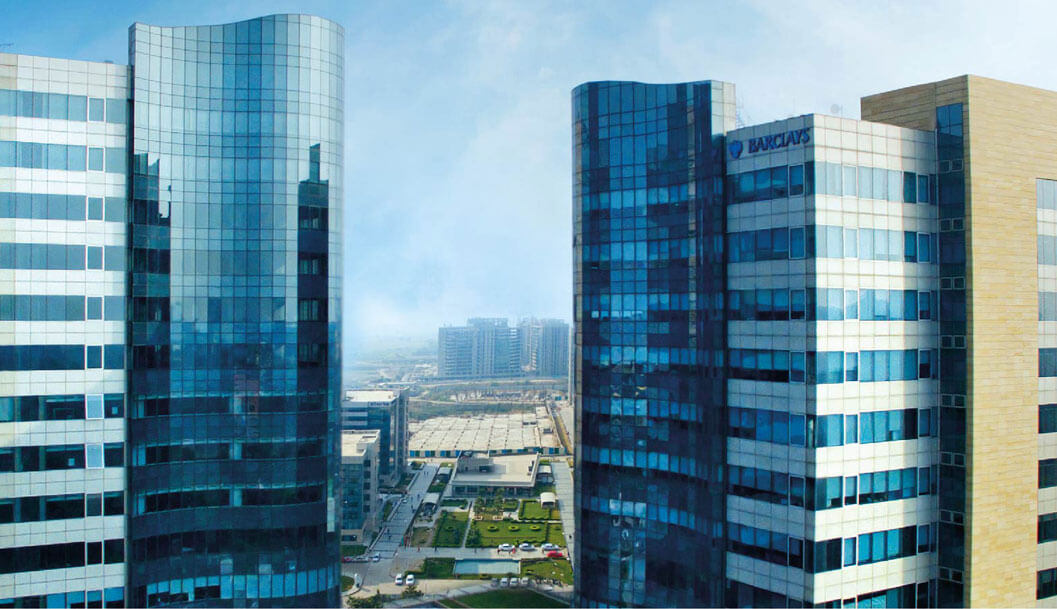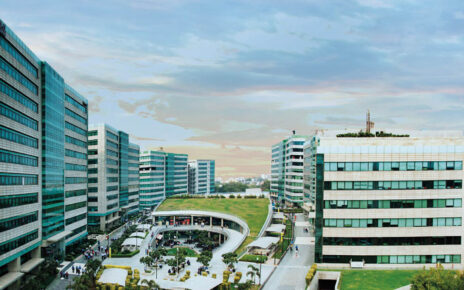Inflation has been a concern in the Indian economy for quite a while now. Although January 2024, recording the lowest CPI in three months, was a slight sign of relief, inflation is likely to remain afloat in the coming financial year, with global factors triggering potential fluctuations. This uncertainty calls for strategic adaptations for industries, including real estate. Notwithstanding the sector’s accelerated growth, inflation can be both a boon and a bane for the stakeholders of projects in major cities of India, including the upcoming residential projects in Noida and commercial projects in Gurgaon. Understanding the nuances of inflation impending in the sector can provide investors and developers with the instruments to navigate its complexities.
Two sides of the coin for investors
Property values and rental incomes tend to rise with inflation. Traditionally, real estate has been an effective instrument for investors to fence against inflation, especially for those already owning a property. As the cost of living takes an upward stride, their assets appreciate, and rental yields sora. And as the returns on investment become higher, the financial health strengthens. However, property appreciation is selective. Factors like location, quality of infrastructure, and amenities also play a crucial role in determining the value of a property. For example, premium commercial projects in Gurgaon’s prime business districts are receiving increased attention from organizations seeking all-inclusive workspaces. Investing in such a property could improve a company’s overall branding and image, thus offering an opportunity to maximize its long-term gains.
On the other side of the coin, inflation also bumps the purchase values of properties, which means new buyers may have to spend higher amounts as initial investments in real estate. To reap greater yields from the properties they invest in, new investors must identify assets with better growth potential and analyze their long-term value proposition. Determining which property to invest in requires careful consideration of several aspects, especially in an inflationary environment. While the value trajectory is unlikely to depreciate in the future, the return on investment may only be as expected if the property is chosen carefully. For instance, many upcoming residential projects in Noida are striving to create living spaces in attractive locations with amenities and facilities that are on par with global standards. Odds are, these projects will only appreciate with time, and choosing one could be a safe bet.
The Balancing Act for Developers
Inflation can be an opportunity as well as a challenge for developers. On the one hand, they can capitalize on the natural appreciation of property values to maximize their profit margins by selling or leasing at the highest rates than originally planned. These profits can be reinvested into acquiring land for developing fresh projects. The appreciation in value can enhance a project’s appeal to potential investors and buyers who consider real estate a long-term profitable investment. Developers can also take a strategic approach to pre-sales and launch of recently completed projects by offering limited periods with lower-than-usual prices for early buyers. Knowing that the future valuation of these projects will be higher can propel potential buyers to invest immediately. This way, developers maintain healthy financial liquidity that could be leveraged to secure funds for new projects.
On the other hand, inflation significantly drives up the costs involved in developing a project – from construction materials to labor and land acquisition to operational and overhead expenses. On top of that, the unpredictable nature of inflation can disturb the estimated budget and project delivery timelines, hampering both profitability and the developer’s reputation. The burden of keeping the cost centers under control without compromising on quality can lead to reconsidering contracts, sourcing alternative materials, or even pausing construction until the possible course of action is evaluated. Moreover, developers may have to sell properties at lower profit margins if inflation subsides quickly. Developers, like those with upcoming residential projects in Noida and commercial projects in Gurgaon, must consider the present and the future economic environment when they set prices for properties during inflation. It’s a delicate balance they need to strike.
The relationship between inflation and real estate is complex, intertwined with challenges and opportunities—the key to thriving lies in adaptation and strategic foresight. Buyers and developers can better position themselves to capitalize on their investments by understanding how inflation impacts the real estate sector.



